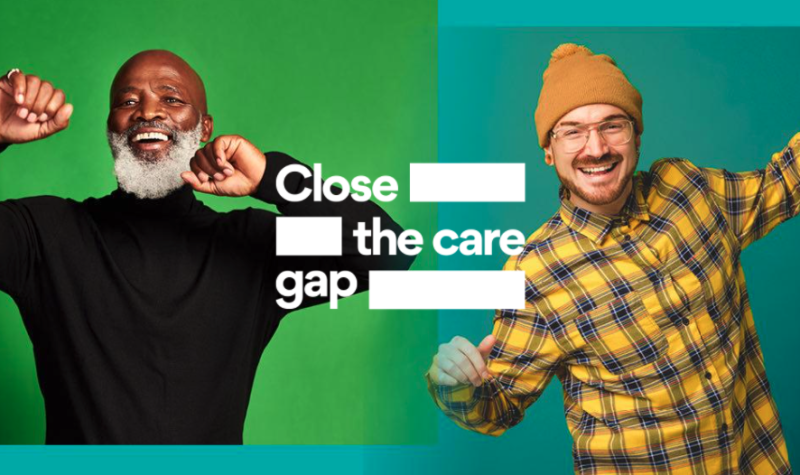February 4th is World Cancer Awareness Day. The Union for International Cancer Control (UICC) chooses a new campaign message every 3 years to bring inequities in cancer research, statistics, and care access to the public's attention.
This year the campaign message is "close the care gap" and the UICC aims to address "The challenges posed by COVID-19 and the strain the pandemic has placed on essential services such as treatment and screening were also at the forefront of many of the discussions, as there appears to be a growing recognition of the higher cancer mortality the world potentially faces due to later-stage diagnoses in the months and years to come."
Accessing screening and early detection of cancer is a bigger hurdle for Indigenous people than non-Indigenous people in northern BC, according to First Nations Health Authority.
According to a BC government study titled Cancer and First Nations Peoples in BC (in a study of 26 Community Health Representatives based in rural and remote Indigenous communities), "all indicated that decreased access to environmental resources and shifting culture contributed to the reduction in the quality of the health determinants of balance (physical, emotional, mental and spiritual health); life control; education; and access to economic and social resources. This has led to more sedentary lifestyles, and limited food choices and security that can lead to an increase in the rates of chronic diseases, including cancer."
For this upcoming World Cancer Awareness Day, CICK News is speaking to the UICC about the northern initiatives for cancer awareness and what environmental, systemic, and racial barriers exist for Indigenous communities in the north seeking cancer care, early screening, and access to information.
Listen below to Pam Haasen's interview with Eric Grant of the Union for International Cancer Control.


